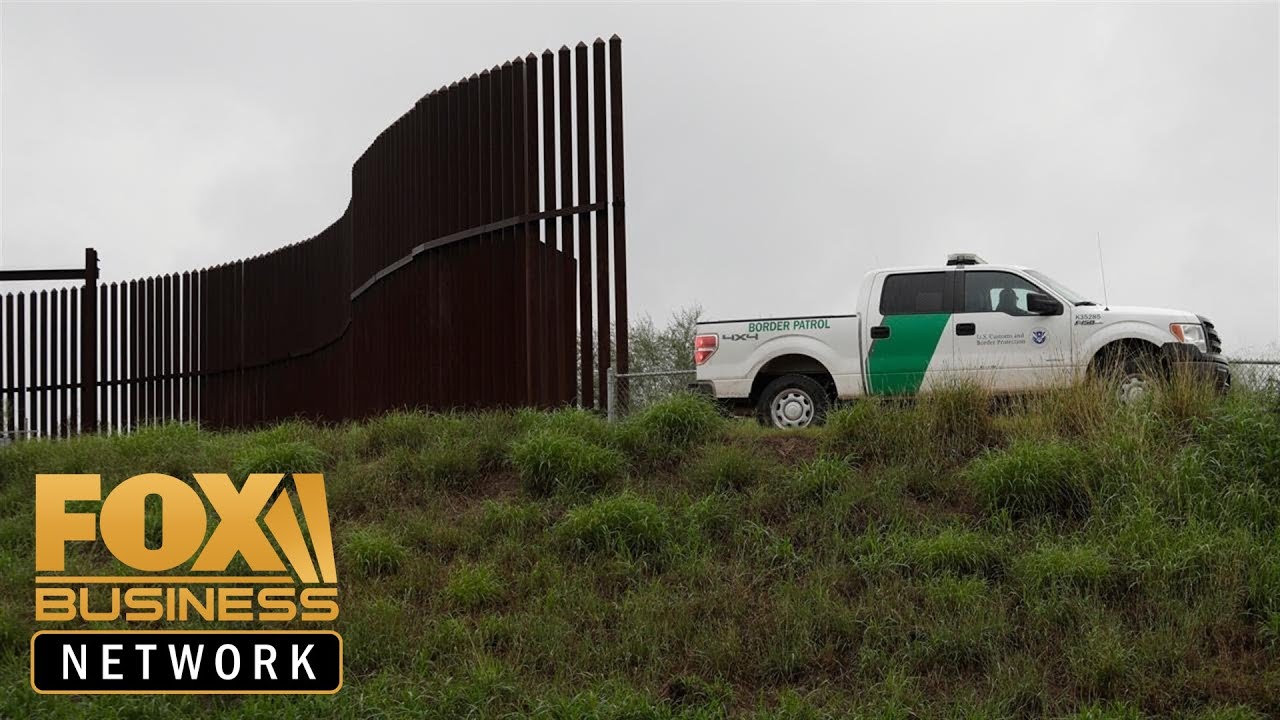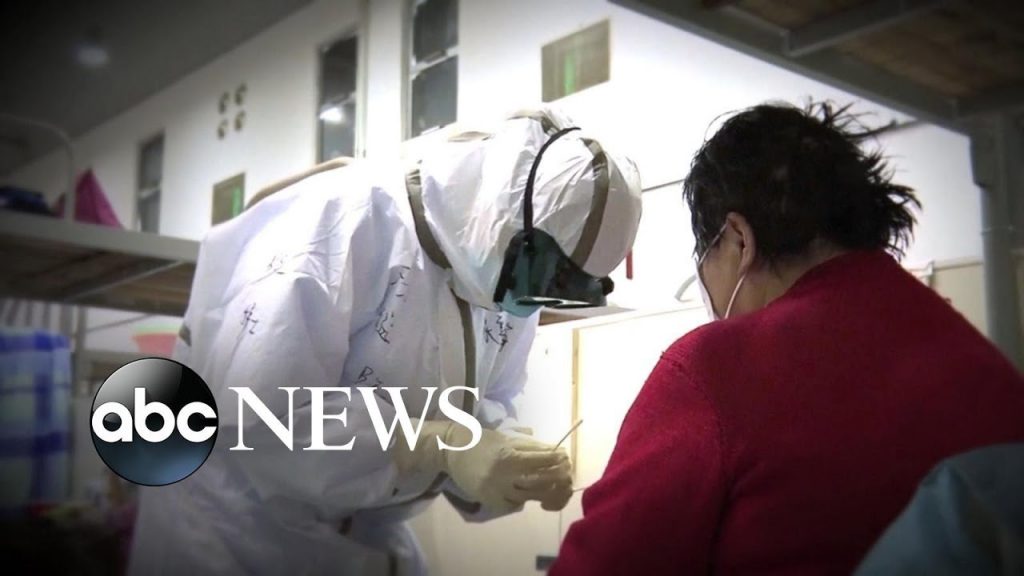US signs immigration agreement with Guatemala

Immigration agreement with Guatemala.
Acting CBP Mark Morgan on the new U.S. immigration agreement with Guatemala on asylum seekers, immigration reform and the rise in apprehensions at the border and immigration reform.
What is the purpose of the U.S.-Guatemala immigration agreement?
On Friday, July 26th, 2019, the United States and Guatemala signed an immigration agreement aimed at reducing the number of migrants seeking asylum in the United States. The agreement, known as a “safe third country agreement,” will require migrants traveling through Guatemala to seek asylum there before reaching the United States.
According to officials, the agreement is expected to reduce the number of Central American migrants seeking asylum in the United States by up to 90%. The Trump administration has been pushing to sign such agreements with the countries in Central America in an effort to curb what it calls a “border crisis.”
The agreement states that people who travel through Guatemala en route to the United States must apply for asylum in the first safe country they reach, which, for many Central American migrants, will be Guatemala. If they are denied asylum in Guatemala, they may then apply in the United States.
Critics of the agreement say that Guatemala is not a safe country for migrants, citing high levels of poverty, violence, and corruption in the country. In addition, many believe that the agreement does not address the root causes of migration, such as violence and lack of economic opportunities in the migrants’ home countries.
Guatemala’s President, Jimmy Morales, signed the agreement on the behalf of his country, stating that it would “provide security” to Guatemalans traveling through the country. However, the agreement still needs to be approved by Guatemala’s Congress before it can come into force.
The agreement has also faced legal opposition in the United States, with organizations such as the American Civil Liberties Union filing lawsuits claiming that it violates U.S. and international law.
Despite the legal and ethical concerns surrounding the agreement, the Trump administration sees it as a victory, stating that it will help to reduce the burden on the U.S. immigration system and cut down on fraudulent asylum claims.
In the coming weeks and months, it remains to be seen how the agreement will play out in practice, with many migrants likely to continue traveling to the United States despite the new restrictions. However, for the time being, the U.S.-Guatemala immigration agreement is likely to remain a contentious issue both domestically and internationally.









Unease At Trump White House After Its Second Confirmed COVID-19 Case
President Trump says reopening the country will be the “biggest decision” he’s ever made
Elites don’t want you to question their coronavirus policies
Legendary TV host Regis Philbin dies at 88
Ghislaine Maxwell behind bars as new details emerge